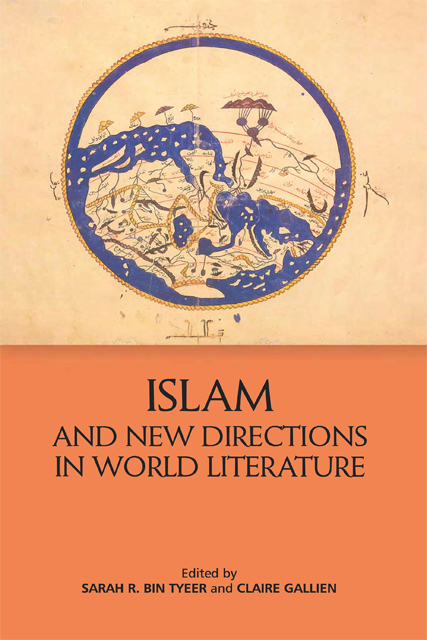5 - The Place and Function of Imagination in Fulani Mystical Poetry (Massina, Mali)
Published online by Cambridge University Press: 14 July 2023
Summary
Islam, which was introduced to Sub-Saharan Africa more than a millennium ago, spread outward from the various points of entry that formed its base. It progressively impacted, more or less decisively, the social and historical organisation of numerous populations.
The Fulani, originally nomadic herders present in the entire Sahelian zone, were among Islam’s most active disseminators. By combining political domination and religious conquest, they distinguished themselves as founders of considerable states, from Senegal and Guinea to Nigeria and Cameroon.
From the fourteenth century onward, Mali was especially affected by the influence of Timbuktu and Djenné and by the founding of the Dīna, a theocratic state known as the Fulani Empire of Massina (1818–62). In this context and through historical coincidences, Islam blended the orthodoxy of Mālikī theology with the ṭarāʾiq (path, way) of the Qādiriyya and Tijāniyya brotherhoods.
Among the Fulani, Islam became a fundamental part of their culture; it permeated their literary production, based on the history of each region where the Fulani established political and religious domination between the seventeenth and nineteenth centuries. Spoken and written Arabic spread with the advent of Islam, but it was mainly used for tarikhs (history) and theological or legal texts. However, in order to communicate religious messages to the population at large, local African languages were also used; poetry was especially recommended since it facilitated the memorisation of texts.
The Fulani opted for their own language because ‘to each one, indeed, only one’s own language makes it possible to grasp what the Authentics are saying’. Thus, in addition to interlinear translations of the Qurʾān and the production of scholarly and academic literature by erudite intellectuals trained in Arabic theological and literary classics, a rich poetic diversity was born. This poetry ranged from an austere and didactic presentation of the articles of faith and ethics, which can bond a community, to a more original form of expression, borrowed from two opposing orientations. The first orientation, emerging from modest marabouts and addressing a general public with little instruction, gave poetic form to sermons on the most varied subjects, from the ordinary (against tobacco, taxes and so on) to the most fervent (descriptions of infernal agonies), both lending themselves to a fecund imagination.
- Type
- Chapter
- Information
- Islam and New Directions in World Literature , pp. 139 - 163Publisher: Edinburgh University PressPrint publication year: 2022



